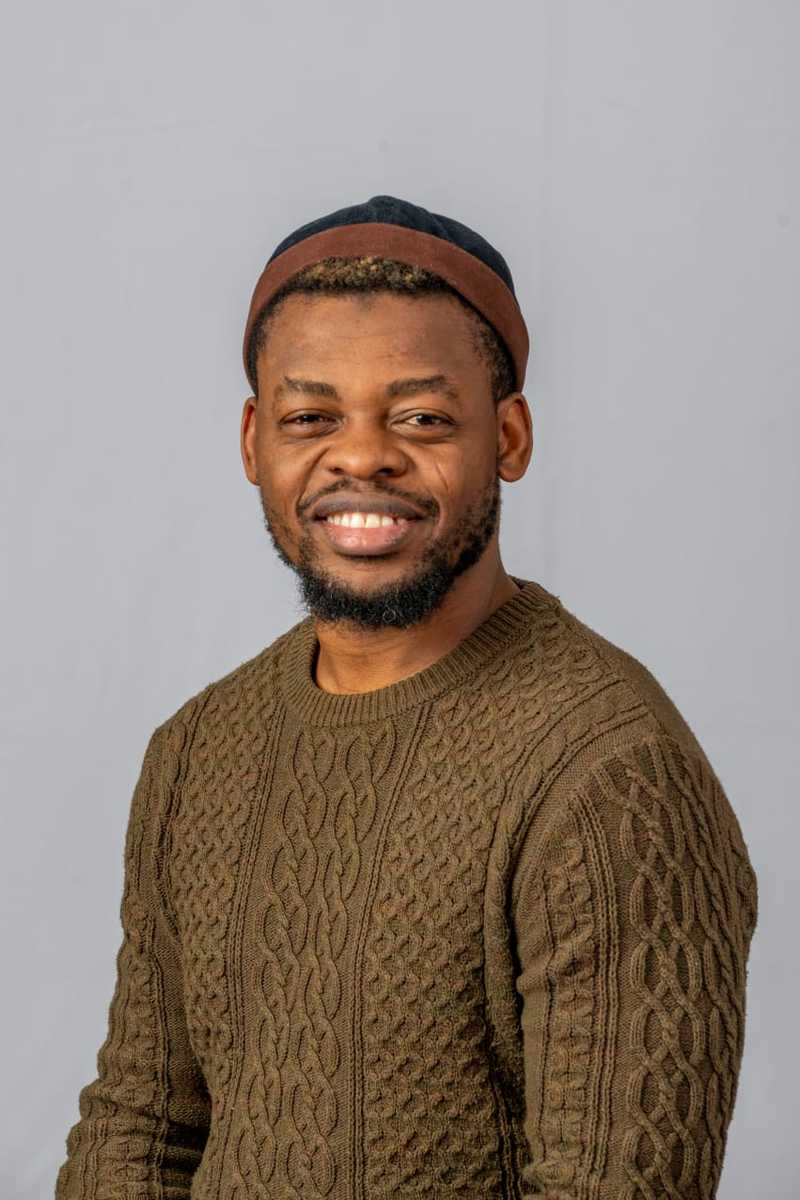Qudus Onikeku
Qudus Onikeku is the founder and Artistic Director of The QDance Center, a world-renowned artiste, researcher, innovator, and social impact engineer, who subliminally uses art for non-art outcomes. Over the decade, he has established himself as a major international artiste, working with different media: performance, installation, curating and community organizing.
His international artistic practice intersects between his interest in visceral body movements, kinesthetic memory, and embracing an artistic vision and a futurist practice that both respects and challenges Yoruba artistic traditions. He has created a substantial body of critically acclaimed work that ranges from solos to group works, as well as artiste-to-artist collaborations with visual artists, architects, musicians, writers, multimedia artistes, data scientists or technologists.
After his higher education in France in 2009, Qudus created his first company YK projects in Paris, with which he created several solo and group dance pieces of critical acclaim. In 2014 he returned to Lagos with his partner Hajarat, and together they co-founded the QDance Center, an incubator with which they examined and experimented the possible intersections between arts and society.
Qudus has been a favorite on major international stages, and festivals across 60 countries including Biennale de Lyon, Festival d’Avignon, Centre Pompidou, Philharmonie de Paris etc in France, TED Global, Venice Biennale, Torino Danza, Roma Europa in Italy, Kalamata Dance Festival Greece, Dance Umbrella UK, Bates Dance Festival USA, Festival TransAmerique Montreal. His dance works are in the permanent collection of the National Gallery of Canada. He has been a visiting professor of dance at the University of California Davis and Columbia College Chicago. Qudus is currently the first “Maker in Residence” at The Center for Arts, Migration and Entrepreneurship of the University of Florida. His current research ATUNDA, explores a deep tech solution, an AI-ready dataset for dance recognition and movement analysis, to lay a background for cutting-edge interactive systems to synthesize, preserve, protect, and securely share dance and movement data in the age of virality.
